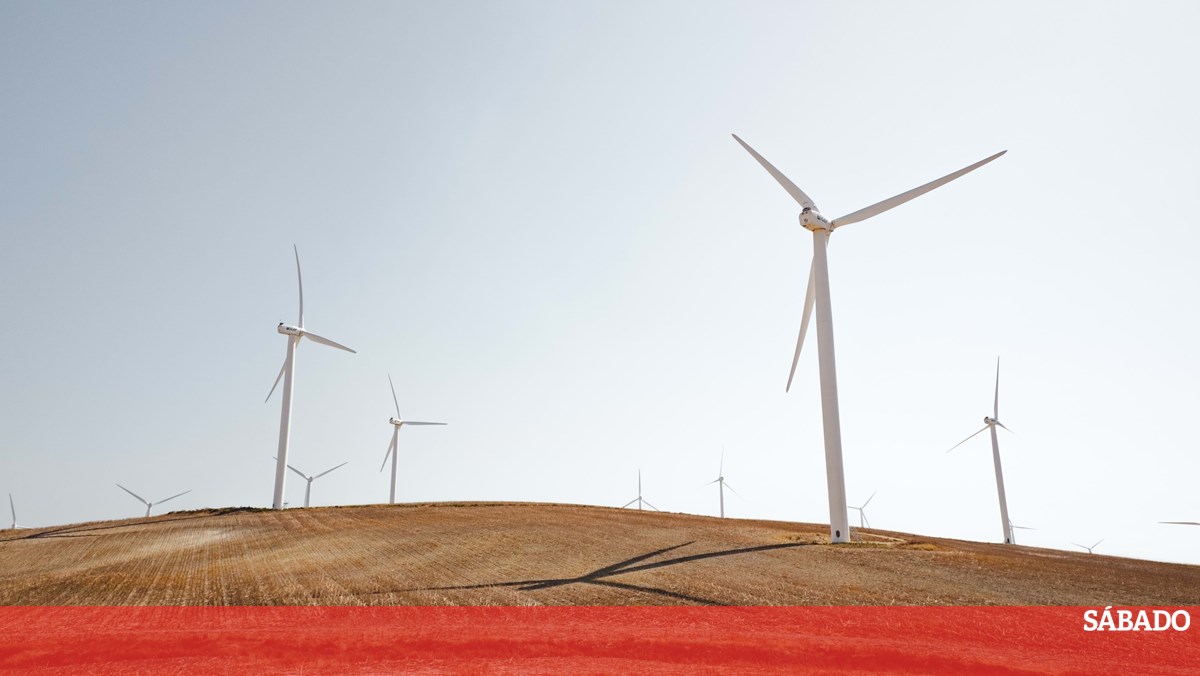The study’s authors suggest that Europe needs to reduce greenhouse gas emissions twice as much in the next 20 years as it has in the past 30 years.
Europe, including Portugal, can become carbon neutral by 2045 by reducing energy needs, increasing efficiency and investing in renewable energies.
The continent faced some of its most troubling environmental scenarios last year
Luca Bravo/Unsplash
The guarantee was made in a study by 26 organizations, which was released Sunday and is based on three words: sufficiency, efficiency and renewable energy.
The European Union refers to 2050 as the date for carbon neutrality, when each country can emit no more greenhouse gases (GHG) than it can absorb, for example through forests.
In work now released, the organizations claim that this neutrality can be expected for five years.
It is based on reducing energy requirements, which is necessary to ensure an adequate level of services for all, from the perspective of frugal abundance (principle of sufficiency).
This sufficiency is coupled with a reduction in energy intensity through technological improvements (the principle of efficiency).
The proposal is that the remaining energy demand be met solely by renewable energy, leaving nuclear energy out of business. And neglecting projects to capture or sequester carbon dioxide (CO2).
Clever (Low Energy Collaborative Vision for the European Region), a “Low Energy Collaborative Vision for the European Region” that resulted from work involving 30 countries (EU XXVII, UK, Norway and Switzerland) and developed over four years among 26 partner organizations such as think tanks, civil society organizations , research institutes and universities.
The project was spearheaded by the French NGO “négaWatt”, which has been working in the field of energy conversion since 2001, and also involved the Portuguese environmental association Zero, which today released the result in a statement.
The work, progress in the document, not only shows the advantages and possibilities of integrating renewable energies on a large scale, but also “that the path to decarbonization can only be applied through reducing and using resources efficiently and sparingly, both at national and national level. European level, sober in consumption year for energy and materials and in the need for new infrastructure.
Cleaver’s authors point out that Europe needs to reduce greenhouse gas emissions twice as much in the next 20 years as it has in the past 30.
They note that this “climate emergency” is exacerbated by the unsustainable degradation of ecosystems, the decline of biodiversity, challenges in terms of energy security, and a cost-of-living crisis with increasing social inequalities.
For a climate-neutral Europe in 2045, it is necessary to reduce greenhouse gas emissions by 65% by 2030, by 80% by 2035 and by 90% by 2040.
And because Cleaver relies on saving energy, the authors say in the paper that a 55% reduction in final energy demand by 2050 compared to 2019 levels, with average reductions in 2030 and 2040, is critical.
By reducing energy demand, Europe and individual countries can reach 42% renewable energy in 2030, 65% in 2035 and 80% in 2040, relying on solar and wind energy.
The bet must be on electricity, with hydrogen being used only for sectors such as steel or cement, sea and air transport. This, the authors point out, reduced the pressure on electricity demand from renewables.
The limited use of biofuels, such as biogas for industrial uses, is also advised as long as it is not produced through food crops.
The work’s authors point out that the sufficiency standard should be integrated into the EU’s energy and climate policy. And in Portugal, Zero asks, it should also be included in the National Energy and Climate Plan.
Find it out to
Editions today
Related articles
Climate solutions proposed by scientists
Climate: what Portugal is doing and the expert’s doubts
The General Assembly of the Republic ratifies the Basic Climate Law
“These are challenging but also exciting times for the energy industry.”

“Wannabe internet buff. Future teen idol. Hardcore zombie guru. Gamer. Avid creator. Entrepreneur. Bacon ninja.”

